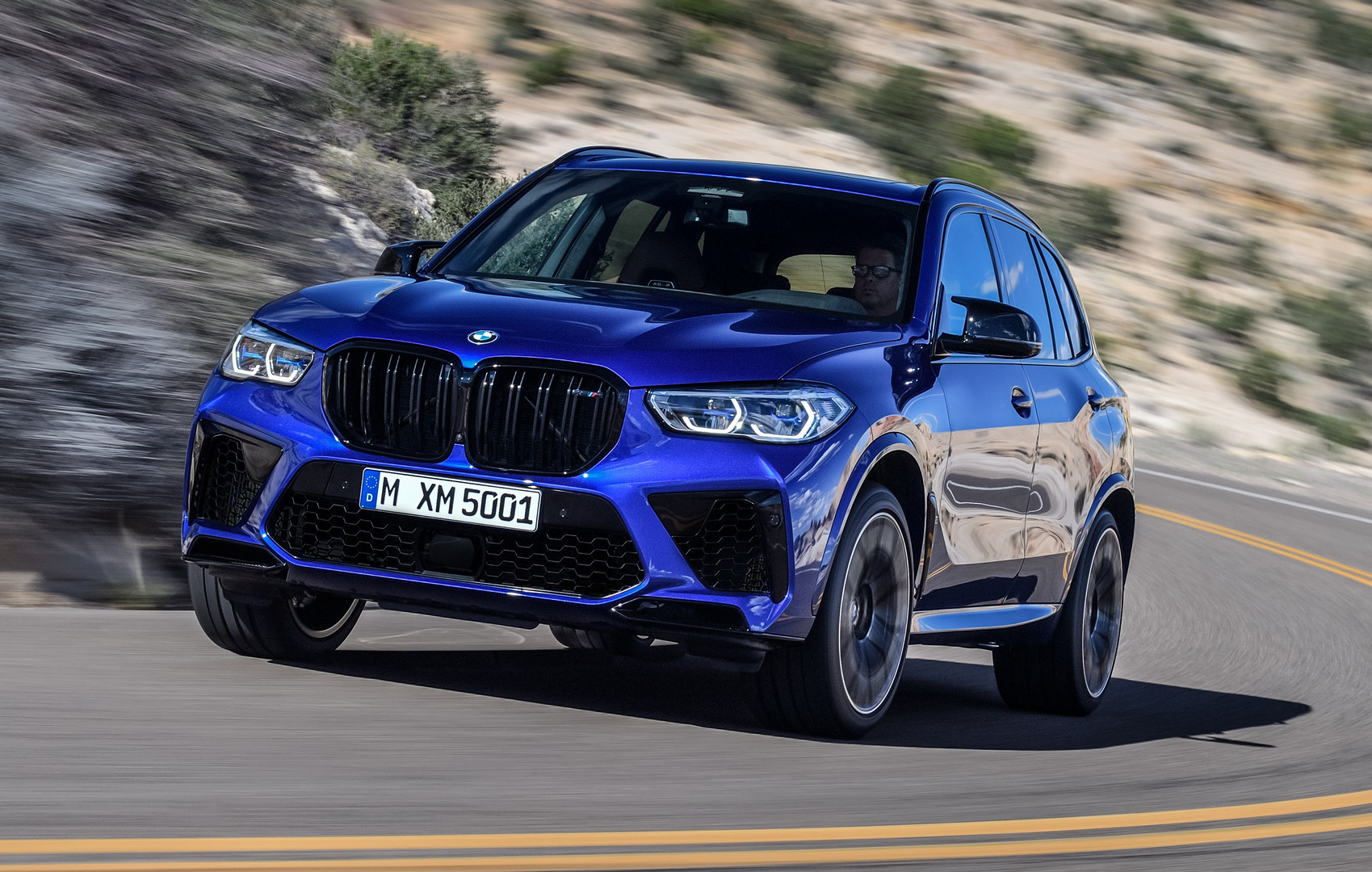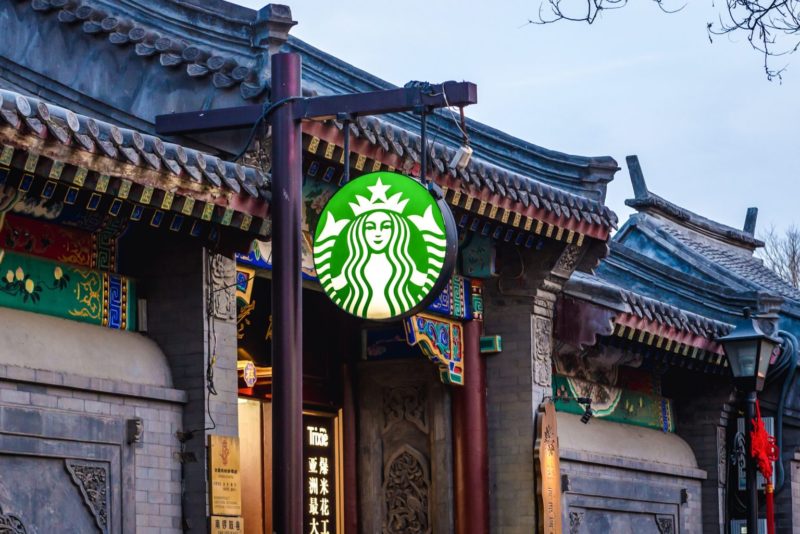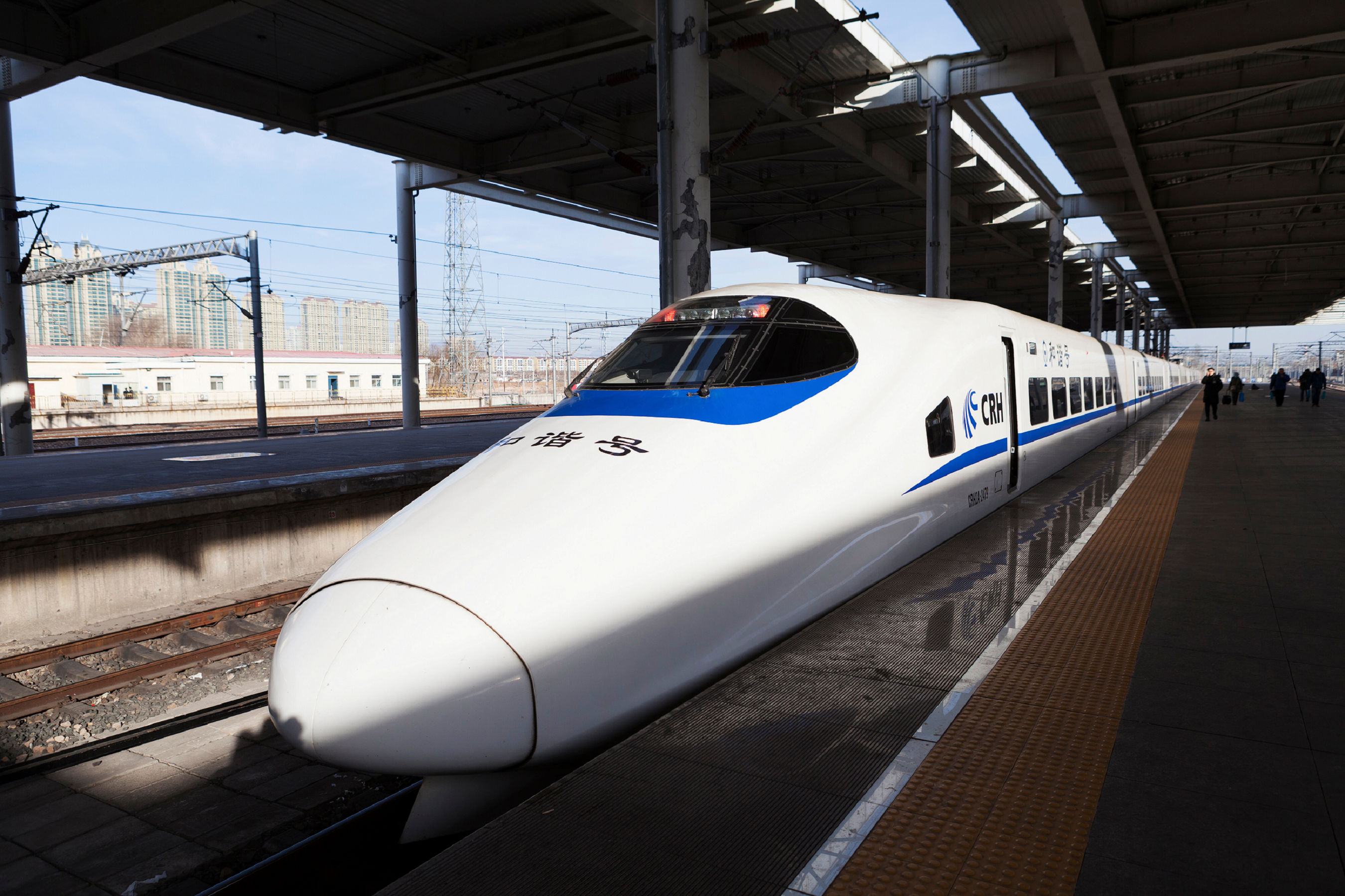On 13 December, Germany’s BMW announced to produce its X5 mid-size luxury SUV in China, instead of importing from the United States. The localised X5 model is expected to price as low as 500,000 RMB ($78,523), nearly a third cheaper than the imported ones.
Price has always been a vital factor in China’s premium SUV market. In 2018, for instance, BMW raised the retail price of X5 SUVs in China due to the increased tariff from the China-US trade war. As a result, X5 sales fell by 23 per cent in the following month. Although with high prices, BMW remained the best-selling luxury car brand in China in 2020, and the X5 is one of the most popular SUV models, with an average monthly delivery of 4000.
What would happen if the X5 became more affordable? A good example to look at is Tesla. After adding products to its Shanghai factory, Model Y (mid-size premium SUV) was priced about 30% cheaper, and its sales hit a record high of 10,151 in China – up by 119% than the previous month. The dramatic increase in sales has made Model Y the most popular premium SUV.
Now it is time to see how it turns out for X5 when being made locally, BMW will save on import tariffs and enjoy a lower cost of manufacturing, which can help lower the model’s price and further boost its sales in the market. Whilst there will naturally be a cost to set up production in a new country, with the inherent popularity of the X5 coupled with the significant price reduction, this will be offset very quickly.
Additionally, there is another factor affecting the Chinese luxury market – disposable income. The amount of money Chinese consumers can spend has increased since the pandemic, not because of a higher income, but plummeted travelling costs.
Many Chinese consumers in the luxury markets have had to temporarily put their travel and shopping plans on hold due to travel restrictions, ending up saving a lot of money. That encourages them to invest more in cars, which can help them enjoy short distance travelling in the local areas, as well as free them to make these bolder purchases they may not have been able to before.
As the world is still recovering from the pandemic, the international market is full of uncertainties. Trade frictions and changes in the global economic landscape can enormously affect the overseas market for any brand at any time. In that context, localisation seems to be an effective solution to consider when it comes to China, the world’s second-largest market. Given BMW’s current sales numbers within China, and seeing the growth in Tesla by expanding into China, this is a relatively low-risk cost that will yield far greater profits for the company.
Read more:









